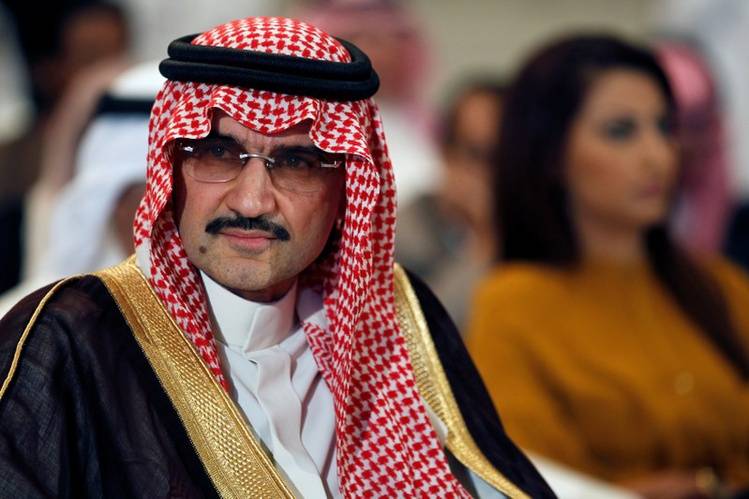Riyadh (Reuters) - A campaign of mass arrests of Saudi Arabian royals, ministers and businessmen expanded on Monday after a top entrepreneur was reportedly detained in the biggest anti-corruption purge of the kingdom’s affluent elite in its modern history.
The reported arrest of Nasser bin Aqeel al-Tayyar followed the detention of dozens of top Saudis including billionaire investor Prince Alwaleed bin Talal in a crackdown that the attorney general described as “phase one”.
The purge is the latest in a series of dramatic steps by Crown Prince Mohammed bin Salman to assert Saudi influence internationally and amass more power for himself at home.
The campaign lengthens an already daunting list of challenges undertaken by the 32-year-old since his father, King Salman, ascended the throne in 2015, including going to war in Yemen, cranking up Riyadh’s confrontation with arch-foe Iran and reforming the economy to lessen its reliance on oil.
Both allies and adversaries are quietly astounded that a kingdom once obsessed with stability has acquired such a taste for assertive - some would say impulsive - policy-making.
“The kingdom is at a crossroads: Its economy has flatlined with low oil prices; the war in Yemen is a quagmire; the blockade of Qatar is a failure; Iranian influence is rampant in Lebanon, Syria and Iraq; and the succession is a question mark,” wrote ex-CIA official Bruce Riedel.
“It is the most volatile period in Saudi history in over a half-century.”
The crackdown has drawn no public opposition within the kingdom either on the street or social media. Many ordinary Saudis applauded the arrests, the latest in a string of domestic and international moves asserting the prince’s authority.
But abroad, critics perceive the purge as further evidence of intolerance from a power-hungry leader keen to stop influential opponents blocking his economic reforms or reversing the expansion of his political clout.
Prominent Saudi columnist Jamal Kashoggi applauded the campaign, but warned: “He is imposing very selective justice.”
“The crackdown on even the most constructive criticism - the demand for complete loyalty with a significant ‘or else’ - remains a serious challenge to the crown prince’s desire to be seen as a modern, enlightened leader.”
“The buck stops at the leader’s door. He is not above the standard he is now setting for the rest of his family, and for the country,” he wrote in the Washington Post.


